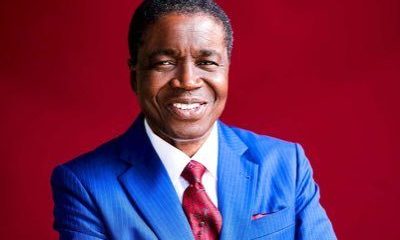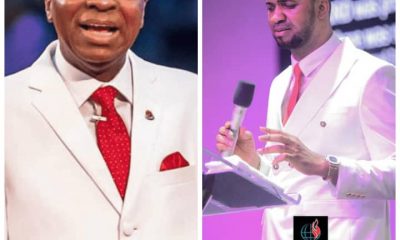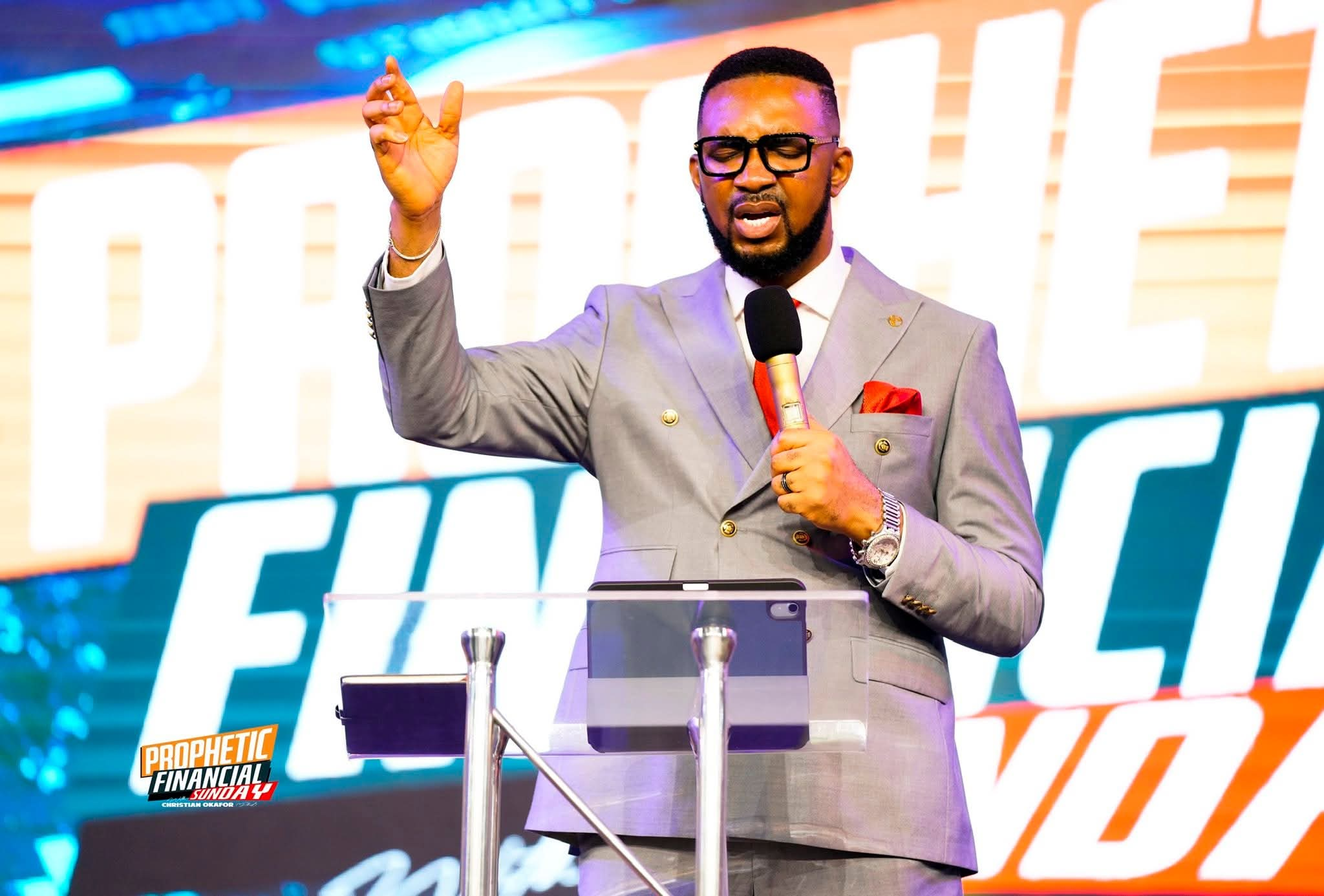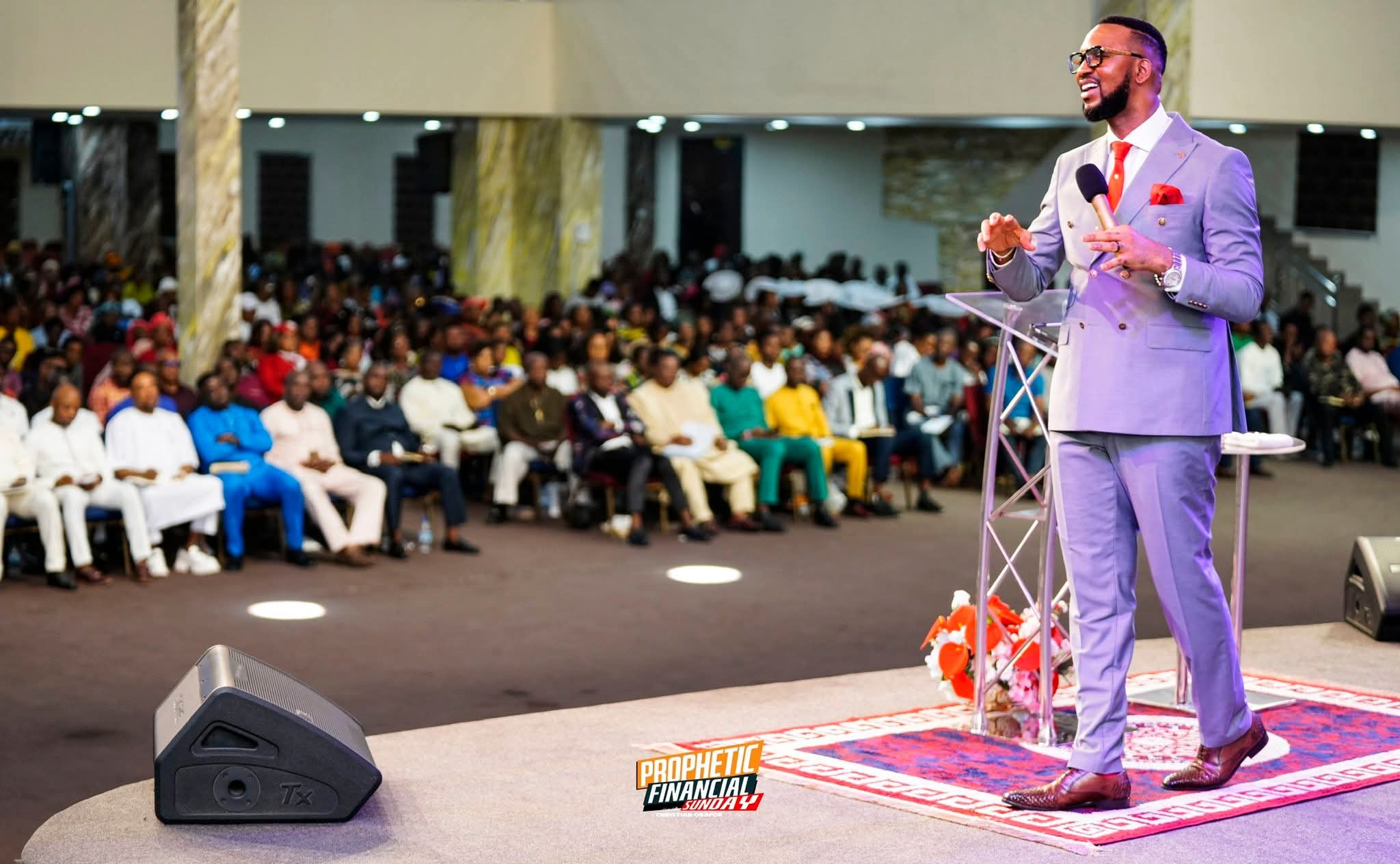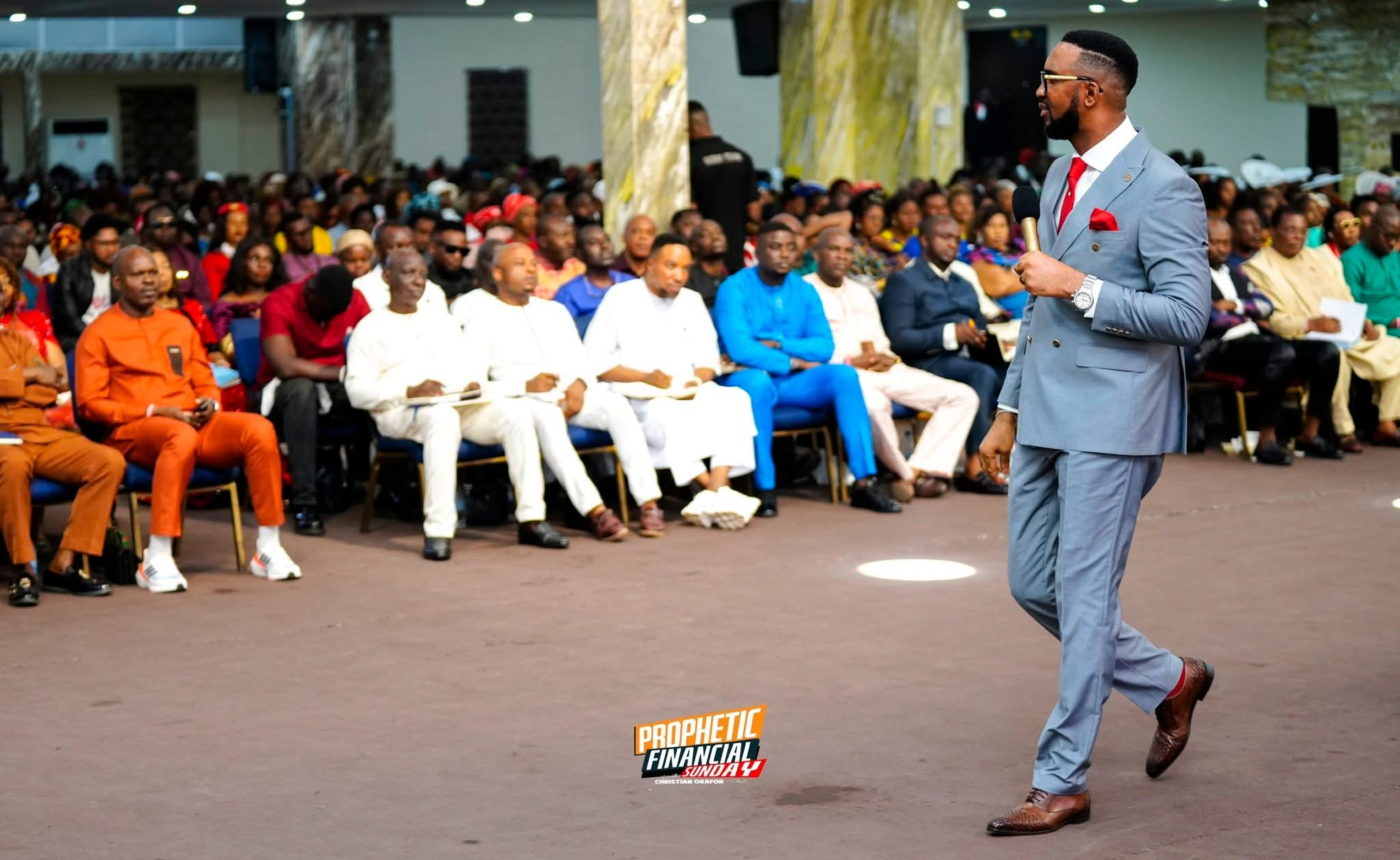celebrity radar - gossips
Daddy Freeze: Top Three Spiritual Sons Of Bishop David Oyedepo
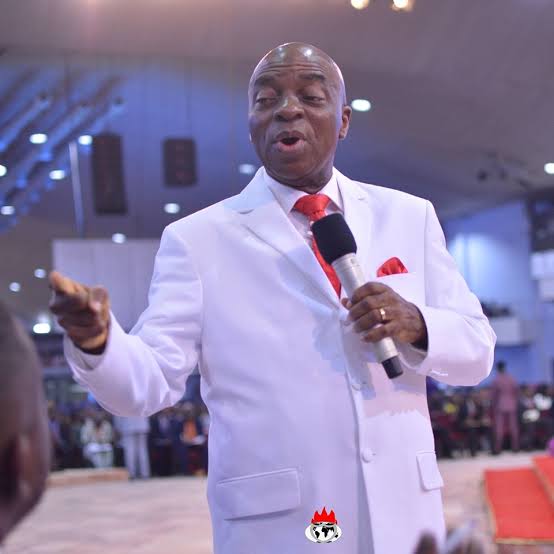
Of a truth, Bishop David Oyedepo, founder of Living Faith Church widely known as winners chapel is one of the top spiritual fathers in Nigeria who has a lot of Christian leaders as his spiritual sons. His popularity became obvious when popular Clergymen came out on his behalf to attack Daddy Freeze on his derogatory statement on Oyedepo which forced Daddy Freeze to make a public apology.
Infact, Oyedepo is well known as the father of new generation of Christian leaders known as the faith preachers such as Rev Sam Adeyemi, Apostle Suleiman amongst others. However, here are the top three spiritual sons of Bishop David Oyedepo who are known as the apple of his eyes and who can do anything if you dare attack or malign the personality of Bishop Oyedepo:
BISHOP DAVID OLATUNJI ABIOYE

David Olatunji Abioye is a Nigerian Christian author and preacher. He is the First Vice President of the Living Faith Church Worldwide. He is a bishop and the senior pastor of the Abuja church (Goshen city) with over 30,000 worshippers.

Born into a family from Kwara State, Abioye is married to Mary Abioye, and have three children. He studied Mechanical Engineering in the university.
He worked as a lecturer at Open Cast Polytechnic, Auchi from 1985 till 1986, and wanted to start a technological firm to solidify his finances. However, when he met future founder of Living Faith Church Worldwide, David Oyedepo at a Christian Student Fellowship in the 1980s, he was inspired by the what he saw as his passion and love for God. Over the years, their relationship transcends from brotherly friendship to a spiritual mentor. After the departure of Oyedepo to Lagos, he was the senior pastor of Garden of Faith, Kaduna, which was the former national headquarters of the church.

In 1993, he became a bishop in the church. In January 2014, Nigeria’s president, Goodluck Jonathan visited Abioye, and worshiped during one of the services in the Abuja church. In June 2015, shortly after the election, the Speaker of the House of Representatives of Nigeria, Yakubu Dogara had a thanksgiving session in his church.
PASTOR DAVID IBIYEOMIE

David Ibiyeomie is a Nigerian televangelist, founder and senior pastor of Salvation Ministries, in Port Harcourt, Nigeria..
Born on 21st of October 1962 , David Ibiyeomie attended Banham Primary School Port-Harcourt, Rivers State, Nigeria from 1969 to 1974 for his primary education.[ He went to Government Comprehensive Secondary School, Borikiri, Rivers State, Nigeria. After then he was admitted into Rivers State University, Port Harcourt for a degree course in Microbiology in 1980.
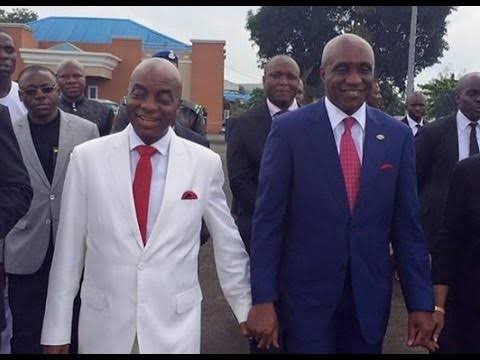
After completing his Bible School training at Bishop David Oyedepo’s Word of Faith Bible Institute (WOFBI), Ibiyeomie started a house fellowship with his family in Victoria Island, Lagos; he later moved to Port Harcourt, Rivers State, where he started Salvation Ministries (Glorious Chapel) on April 13, 1997, with a little over twenty members in attendance.
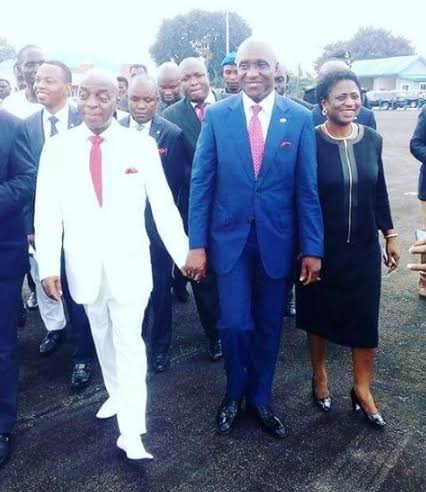
In July 1997, the church relocated to a larger plot of land. As of 2017, Salvation Ministries averages about 50,000 attendees every Sunday at its headquarters. In February 2011, Salvation Ministries started 14 satellite churches in one day, with all running five services each. And today, his life and ministry has become a huge success.
DR PAUL ENENCHE

Paul Enenche is a Nigerian Christian pastor. He is the founder and senior pastor at Dunamis International Gospel Centre in Abuja which he founded in 1996. Enenche was born in the city of Orokam in Benue State.

Pastor Paul Enenche was formerly a practicing Medical doctor before he got called into establishing the ministry. He is married to a doctor also, Dr. Becky Eneche and they are blessed with Four Children. She is the proprietress of Dunamis International Schools.

As the founder and senior pastor of Dunamis International Gospel Centre (DIGC) in Abuja, Nigeria with over 100,000 congregants in his newly 100,000 seater auditorium known as the Dome.
celebrity radar - gossips
Kingdom Advancement: God Does Not Confirm Lies or Gossip — He Confirms His Word .” — Dr. Chris Okafor
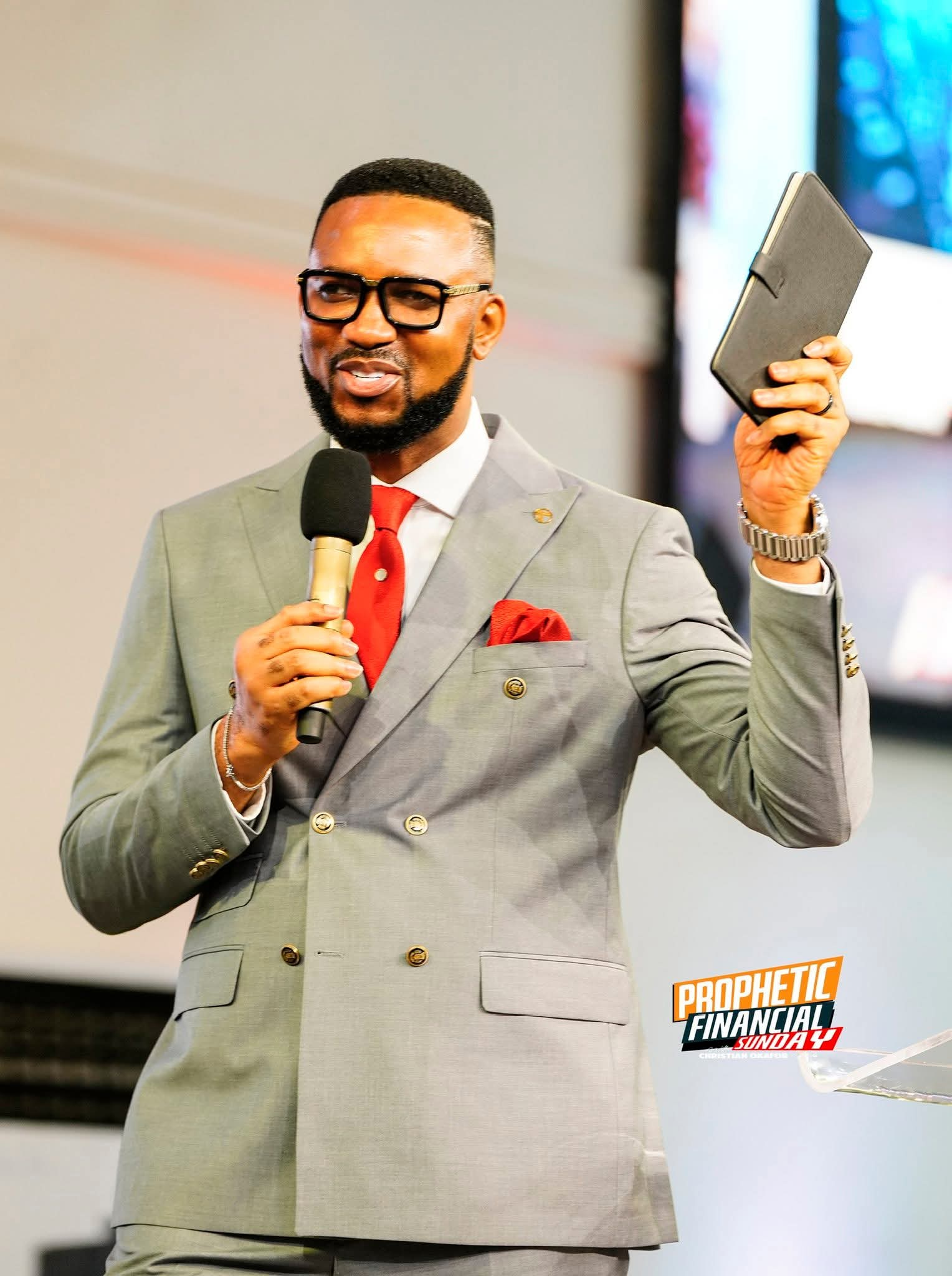
Kingdom Advancement: God Does Not Confirm Lies or Gossip—He Confirms His Word
“When Doing Business with God,
People’s Opinions Do Not Count.”
— Dr. Christian Okafor
The greatest investment any Christian can make is partnering with God. According to the Generational Prophet of God and Senior Pastor of Grace Nation Global, Christopher Okafor, when a believer commits to serving and advancing God’s kingdom, no barrier, lie, gossip, or blackmail can prevail against them.
This message was delivered during the Prophetic Financial Sunday Service held on February 15, 2026, at the international headquarters of Grace Nation Worldwide in Ojodu Berger, Lagos, Nigeria.
Doing Business with God
Teaching on the theme “Kingdom Advancement” with the subtitle “Doing Business with God,” Dr. Okafor emphasized that when a believer enters into covenant partnership with God, divine backing becomes inevitable.
“God is still in the business of covenant,” he declared. “When you make a covenant with Him, He honors the terms. When you win souls into the kingdom and remain committed to His work, He rewards you with what you could never achieve by your own strength.”
The Man of God stressed that God does not confirm lies, gossip, or negative narratives—He confirms His Word. Therefore, anyone genuinely committed to kingdom business should not be distracted by public opinion.
“No matter the blackmail or falsehood circulating around you, if you are focused on God’s assignment, those attacks will only strengthen you,” he stated.
He further noted that a believer’s understanding of God’s covenant determines their experience. “Your mentality about God’s covenant becomes your reality. When you truly know the God you serve, no devil can move you.”
Biblical Examples of Kingdom Partnership
Dr. Okafor cited several biblical figures who prospered through their partnership with God:
Abel
Abel served God with sincerity and offered his very best. His sacrifice pleased God, demonstrating that when a master is honored, he responds with favor.
David
David’s heart was fully devoted to God, and in return, God’s presence and favor rested upon him throughout his life.
Hannah
Hannah made a covenant with God, promising that if He blessed her with a child, she would dedicate him to His service. After fulfilling her vow, God rewarded her abundantly, blessing her with additional children.
Peter
Peter, a professional fisherman, surrendered his boat at Jesus’ request for kingdom work. Through that act of partnership and obedience, he experienced supernatural provision and divine elevation.
Conclusion
In closing, Dr. Okafor emphasized that one’s approach to God’s covenant determines the level of success and prosperity experienced. Commitment to kingdom advancement secures divine confirmation and supernatural results.
The Prophetic Financial Sunday Service was marked by prophetic declarations, deliverance, healings, miracles, restoration, and solutions to diverse cases presented before Elohim.
celebrity radar - gossips
At 55, Omoyele Sowore Remains a Defiant Voice of Conscience
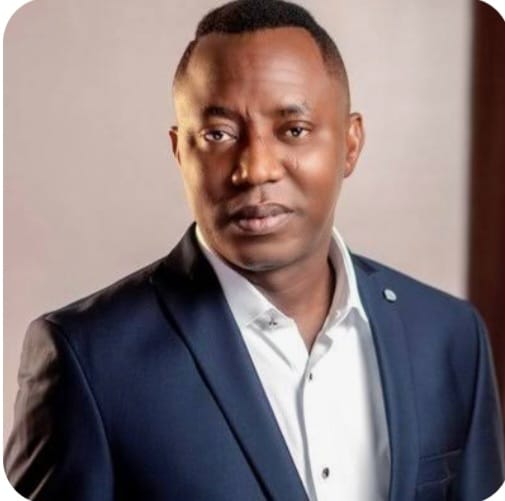
At 55, Omoyele Sowore Remains a Defiant Voice of Conscience
By George Omagbemi Sylvester | Published by SaharaWeeklyNG
“SaharaWeeklyNG Management and Staff Salute a Relentless Campaigner for Justice and Democratic Accountability.”
As activist, journalist and politician Omoyele Sowore marks his 55th birthday, the management and staff of SaharaWeeklyNG join millions of Nigerians at home and in the diaspora to celebrate a man widely regarded as one of the most persistent and fearless voices for democratic accountability in modern Nigeria.
Born on February 16, 1971, in Ondo State, Sowore rose from student activism at the University of Lagos to become one of the country’s most recognisable pro-democracy figures. His early involvement in the student movement during the military era of the 1990s placed him at the forefront of protests against dictatorship and repression, a role that would shape the course of his life and career.
He later founded Sahara Reporters in 2006, an online investigative platform that quickly gained prominence for exposing corruption, abuse of power and human rights violations. Operating initially from the United States, the outlet became a symbol of citizen journalism and digital activism, publishing stories often ignored or suppressed by mainstream media. Over the years, the platform has reported on high-level corruption cases, electoral malpractices and security failures, earning both praise and fierce criticism from political authorities.
Sowore’s activism took a dramatic turn in 2019 when he contested Nigeria’s presidential election under the African Action Congress (AAC). Although he did not win, the campaign amplified his calls for systemic reform. Months later, he launched the #RevolutionNow movement, a nationwide protest demanding an end to corruption, economic hardship and insecurity.
In August 2019, he was arrested by Nigeria’s Department of State Services (DSS) on charges of treasonable felony. His detention, which lasted several months despite court orders for his release, sparked international condemnation from human rights groups, civil society organisations and foreign observers. The case turned him into a global symbol of resistance against state repression.
Over the years, Sowore has faced multiple arrests, court trials and travel restrictions. Yet he has remained resolute, insisting that his activism is rooted in the constitutional right to freedom of expression and peaceful assembly. Supporters describe him as a principled crusader against injustice, while critics accuse him of political extremism. Regardless of the perspective, his impact on Nigeria’s political discourse is undeniable.
His life’s work echoes the enduring words of Nelson Mandela, who once said, “Freedom is not merely to cast off one’s chains, but to live in a way that respects and enhances the freedom of others.” For many of Sowore’s followers, his sacrifices represent precisely that spirit, an unyielding struggle for a more accountable and equitable society.
Similarly, the philosophy of Martin Luther King Jr. (that “injustice anywhere is a threat to justice everywhere”) resonates deeply with the trajectory of Sowore’s activism. Whether confronting police brutality, electoral irregularities or economic injustice, he has consistently framed his struggle as one for the collective dignity of Nigerians.
Nigerian Nobel laureate Wole Soyinka once observed that “the man dies in all who keep silent in the face of tyranny.” That sentiment captures the essence of Sowore’s public life. For over three decades, he has refused silence, even when it meant imprisonment, harassment and personal sacrifice.
At 55, Sowore’s journey is far from over. He remains active in political advocacy, civil rights campaigns and public commentary, continuing to challenge what he describes as systemic failures in governance and leadership. His career reflects both the promise and the peril of dissent in a fragile democracy; where the line between patriotism and confrontation is often fiercely contested.
On this milestone birthday, SaharaWeeklyNG management and staff recognise Sowore not merely as an individual, but as a symbol of the enduring struggle for transparency, justice, and democratic renewal. His story is one of conviction under pressure, a reminder that the quest for a better society often demands courage, resilience and a willingness to stand alone.
As Nigeria navigates its complex political and economic realities, figures like Sowore continue to shape the national conversation. Whether praised or criticised, his voice remains a constant in the country’s democratic journey; loud, uncompromising and impossible to ignore.
celebrity radar - gossips
Banwo Accuses Alex Otti Administration of Governance by Propaganda
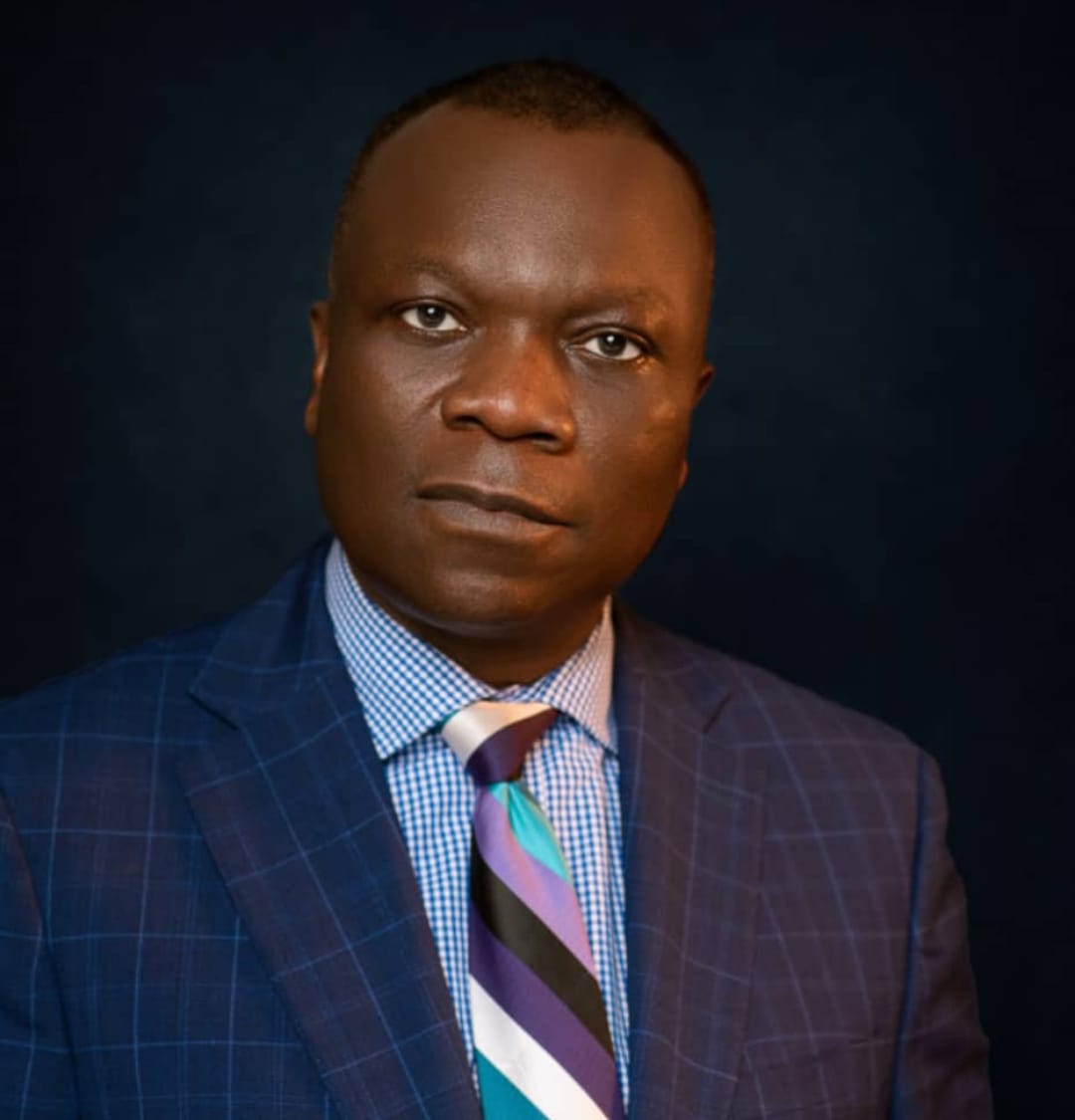
Banwo Accuses Alex Otti Administration of Governance by Propaganda
Public commentator and lawyer Dr. Ope Banwo has criticised the Abia State Government under Governor Alex Otti, accusing the administration of running what he described as a “propaganda-driven government” built on exaggerated claims and selective messaging rather than measurable governance outcomes.
In a detailed commentary, Banwo argued that while Abia State has recorded some progress in specific sectors, the government’s media machinery has inflated limited achievements into what he called “statewide miracles,” creating a disconnect between online narratives and lived realities.
Banwo, who said he initially viewed Governor Otti as a symbol of hope following the 2023 elections, noted that his concerns emerged after engaging residents and professionals living in Abia to verify widely circulated claims about infrastructure, power supply, healthcare, and transportation.
Central to Banwo’s critique is the portrayal of Abia as a state with uninterrupted electricity. He acknowledged the existence of the Aba ring-fenced power arrangement involving Aba Power and Geometric Power but argued that the arrangement has been misrepresented as statewide energy independence.
According to him, extending the Aba power project to represent the entire state amounts to misinformation, especially given acknowledged outages and the limited geographical coverage of the scheme.
He further questioned claims that Abia was the first state to assume intrastate electricity regulation, stating that other states, including Lagos State, had taken similar steps earlier.
Banwo also raised concerns over viral claims suggesting that biogas facilities are already powering Abia communities, arguing that pilot projects have been prematurely presented as fully operational infrastructure.
He noted that residents he spoke with were largely unaware of any functional biogas-powered communities, stressing that government announcements should be backed by publicly available data on scale, output, and sustainability.
On healthcare, the founder of Naija Lives Matters (NLM) questioned reports that Abia offers free medical care to all citizens above 60 years of age for life, describing the claim as unverified and unsupported by legislation, budgetary provisions, or formal policy documents.
Similarly, he criticised claims suggesting that electric vehicles operate widely across the state and that all roads have been tarred, describing such assertions as exaggerated and misleading.
The self-acclaimed Mayor of Fadeyi argued that the core issue is not the absence of development but what he described as a governance style driven by social media optics rather than transparent performance metrics.
He warned that excessive reliance on viral content, influencers, and unverified claims risks eroding public trust and undermining accountability, noting that effective governance requires data, timelines, and measurable outcomes.
“A serious government does not need to exaggerate results,” Banwo said, adding that citizens require reliable services, not slogans.
He also advised the Abia government to avoid constant comparisons with states like Lagos and its governor, Babajide Sanwo-Olu, urging the administration to focus instead on publishing verifiable performance records.
Banwo challenged the Otti administration to release clear documentation supporting its claims, including power coverage maps, healthcare policy instruments, infrastructure project lists, and implementation timelines.
He concluded that while Abia State has not “collapsed,” the growing gap between online narratives and on-ground realities could become more damaging than infrastructural deficits if left unaddressed.
-

 celebrity radar - gossips6 months ago
celebrity radar - gossips6 months agoWhy Babangida’s Hilltop Home Became Nigeria’s Political “Mecca”
-

 society6 months ago
society6 months agoPower is a Loan, Not a Possession: The Sacred Duty of Planting People
-

 society5 months ago
society5 months agoReligion: Africa’s Oldest Weapon of Enslavement and the Forgotten Truth
-

 news6 months ago
news6 months agoTHE APPOINTMENT OF WASIU AYINDE BY THE FEDERAL GOVERNMENT AS AN AMBASSADOR SOUNDS EMBARRASSING


